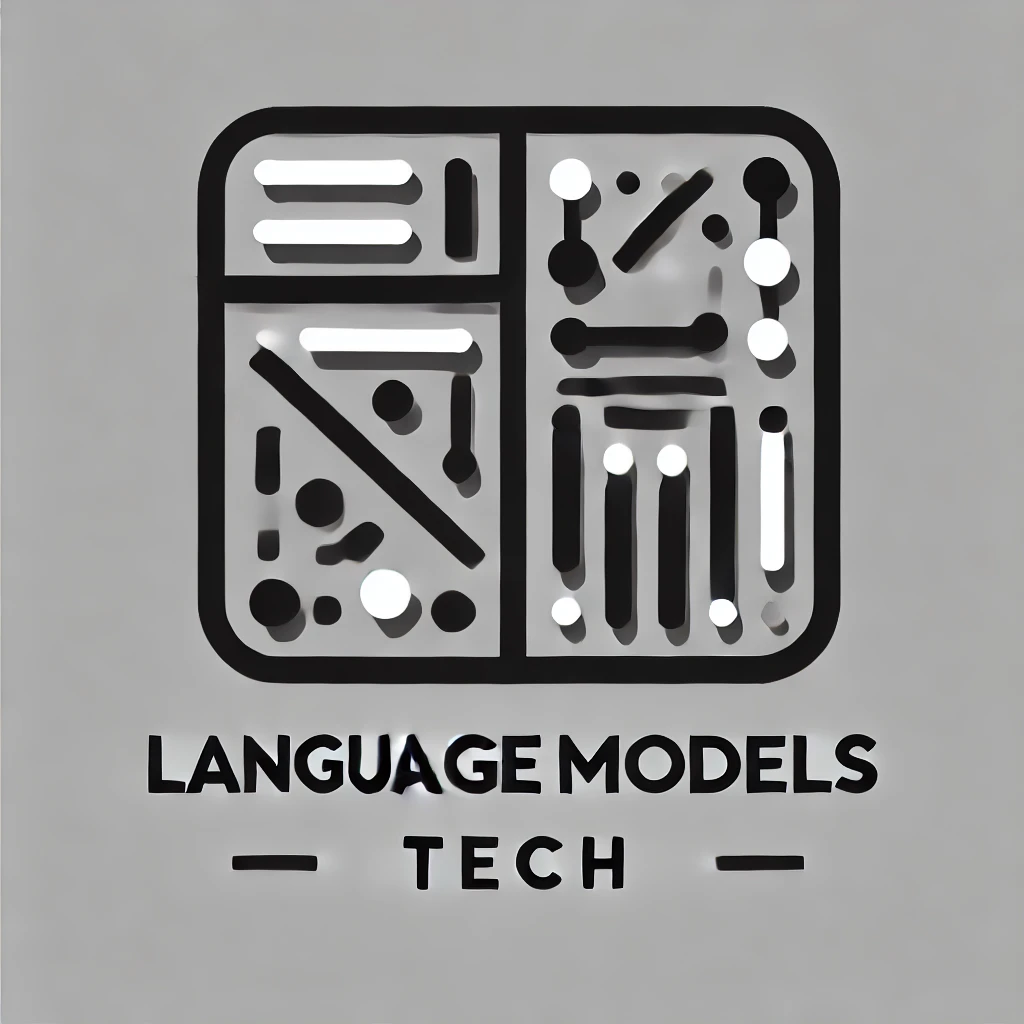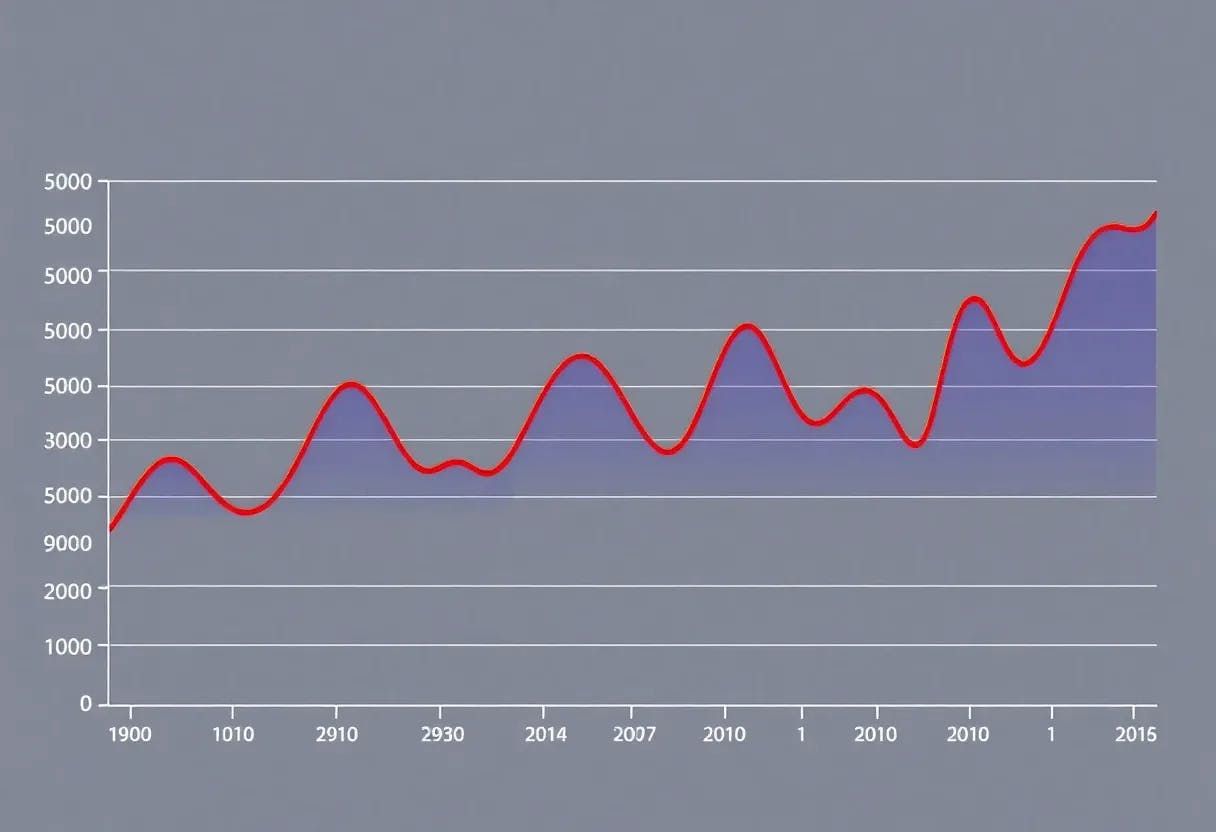
Toto: Time Series Optimized Transformer for Observability
22 Oct 2025
Datadog introduces Toto, an AI model for time series forecasting that boosts accuracy, reliability, and responsible observability.
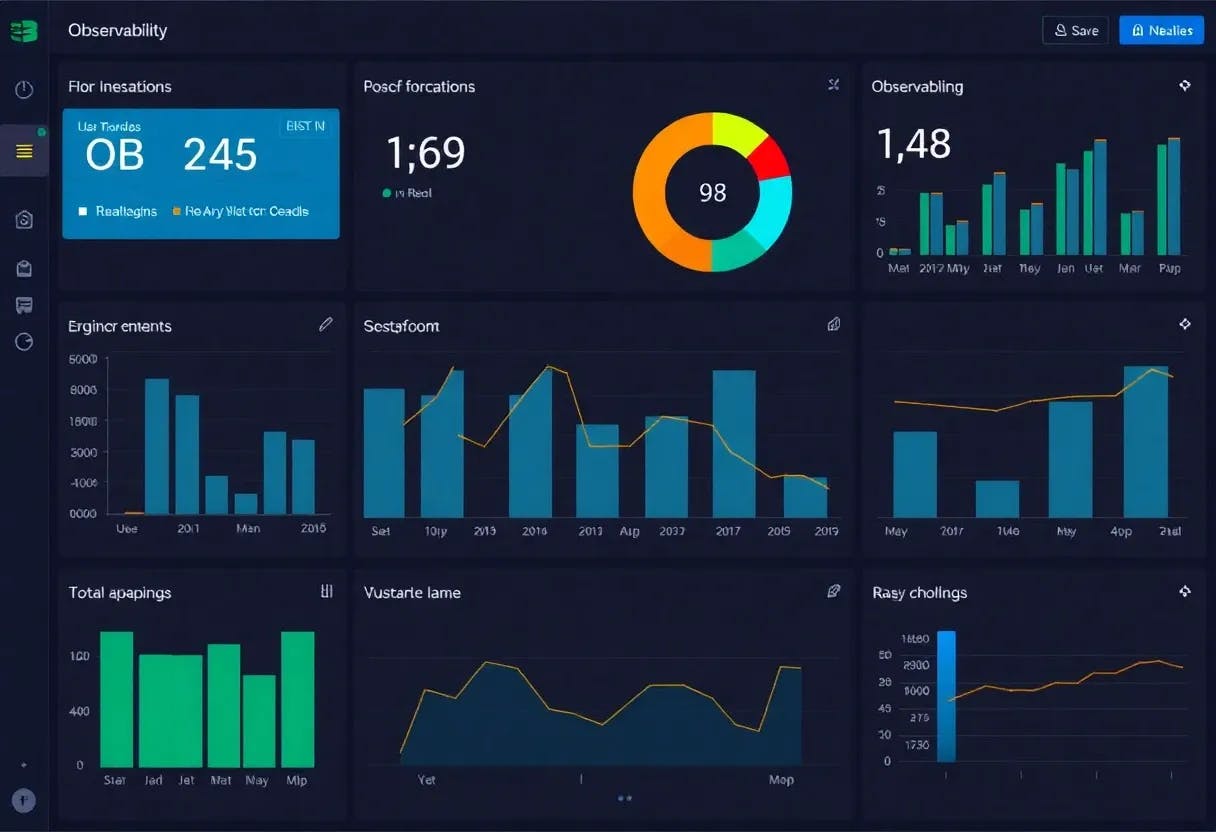
Toto AI Model Sets New Benchmark for Time Series Forecasting
22 Oct 2025
Discover how Toto achieved state-of-the-art results in AI forecasting, surpassing leading zero-shot and full-shot models.
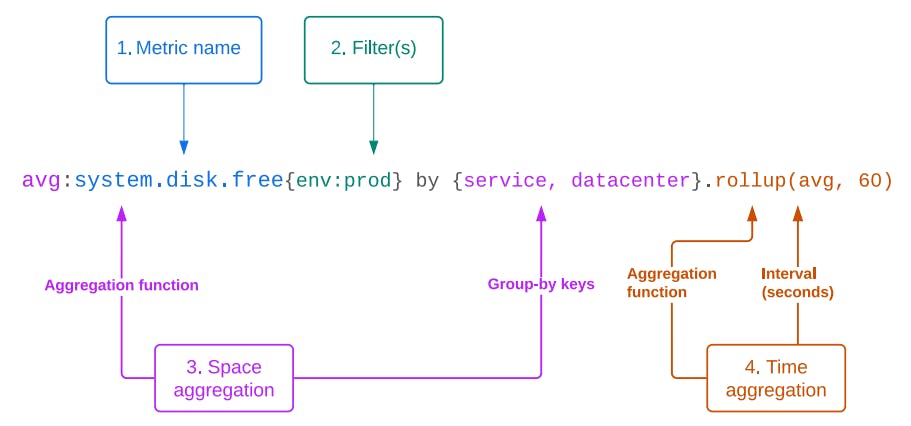
How Datadog Turned Noisy Observability Metrics Into AI Gold
22 Oct 2025
How Datadog trained its Toto model using one trillion curated time series points and synthetic data to build smarter, more generalizable AI.
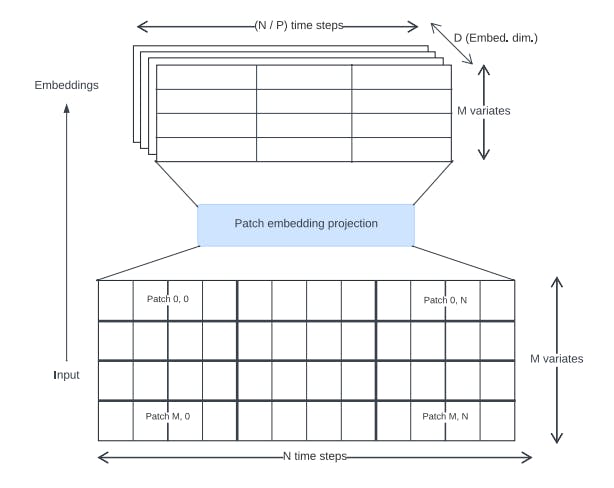
How Toto Reimagines Multi-Head Attention for Multivariate Forecasting
21 Oct 2025
Toto introduces a decoder-only transformer with proportional space-time attention for smarter multivariate time series forecasting.
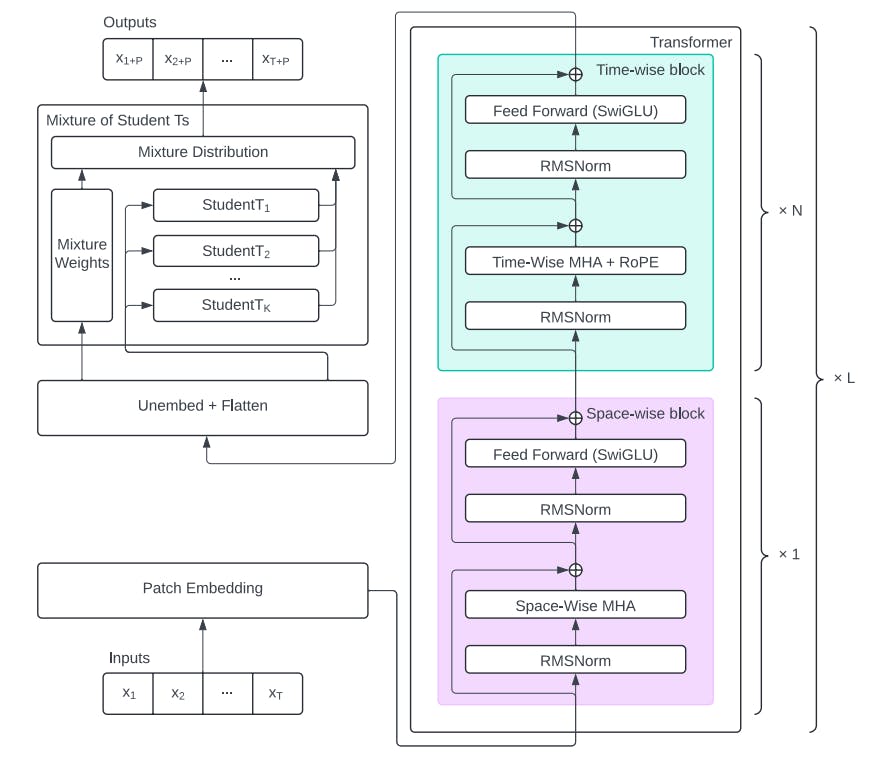
The Time Series Optimized Transformer Setting New Standards in Observability
21 Oct 2025
Datadog’s Toto sets a new benchmark in time series forecasting with trillion-point training and domain-tuned observability insights.

TnT-LLM Implementation Details: Pipeline Design, Robustness, and Efficiency
22 Apr 2025
Explore the technical implementation of TnT-LLM, including pipeline design, techniques for ensuring robustness, and model selection strategies

TnT-LLM: Presenting Prompt Templates
22 Apr 2025
In this section, we present the prompt templates that were used for conversation summarization, label assignment, and taxonomy generation, updation, and review.

Additional Results: Cross-Lingual Taxonomy Evaluation and In-Depth Classification Analysis
22 Apr 2025
Explore further results on cross-lingual taxonomy performance, detailed annotation agreement analysis, and comprehensive classification metrics for TnT-LLM.

TnT-LLM Generated Taxonomies: User Intent and Conversation Domain Labels
22 Apr 2025
View the user intent and conversation domain taxonomies automatically generated by TnT-LLM and refined by human calibration for text classification.
